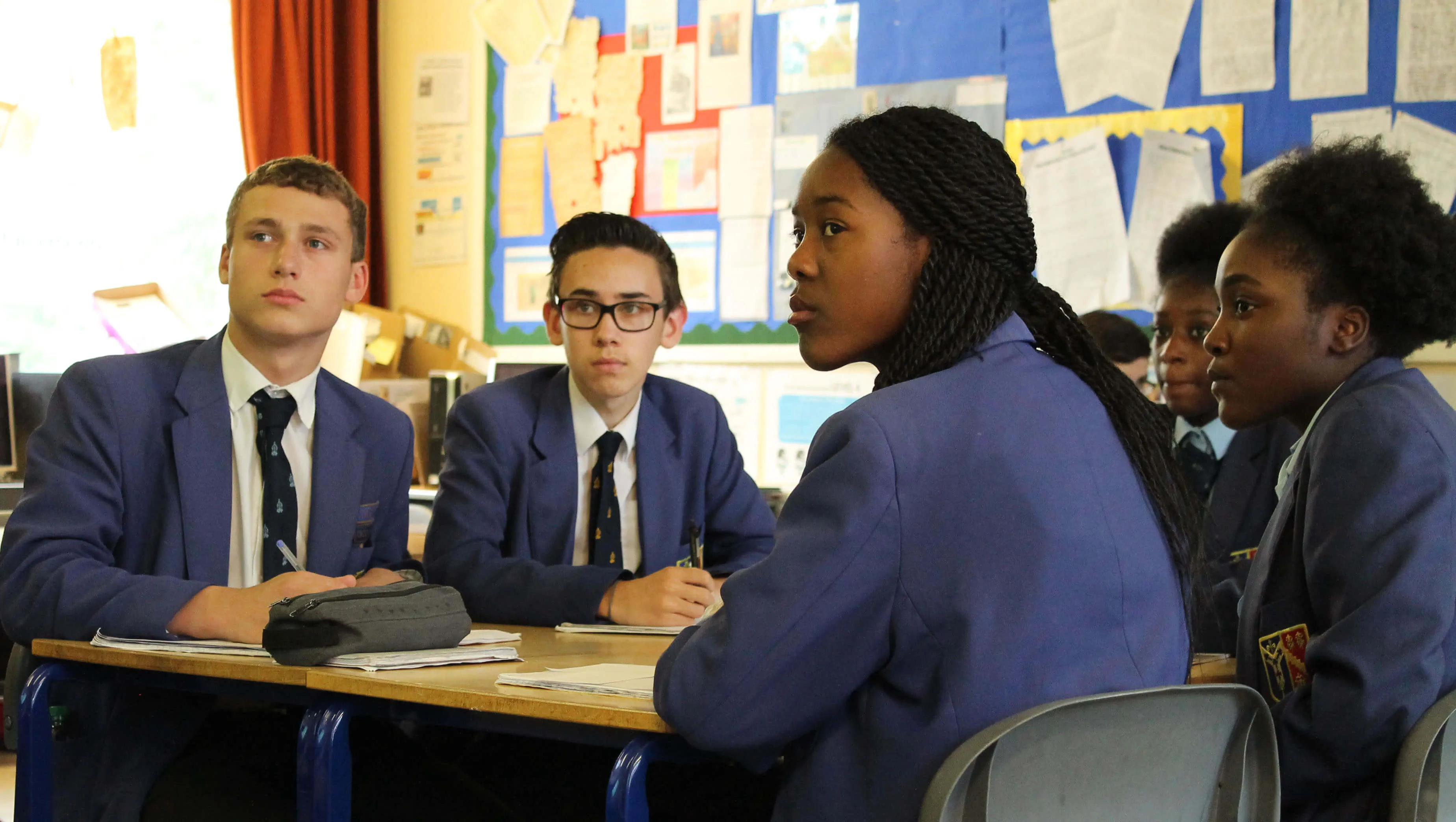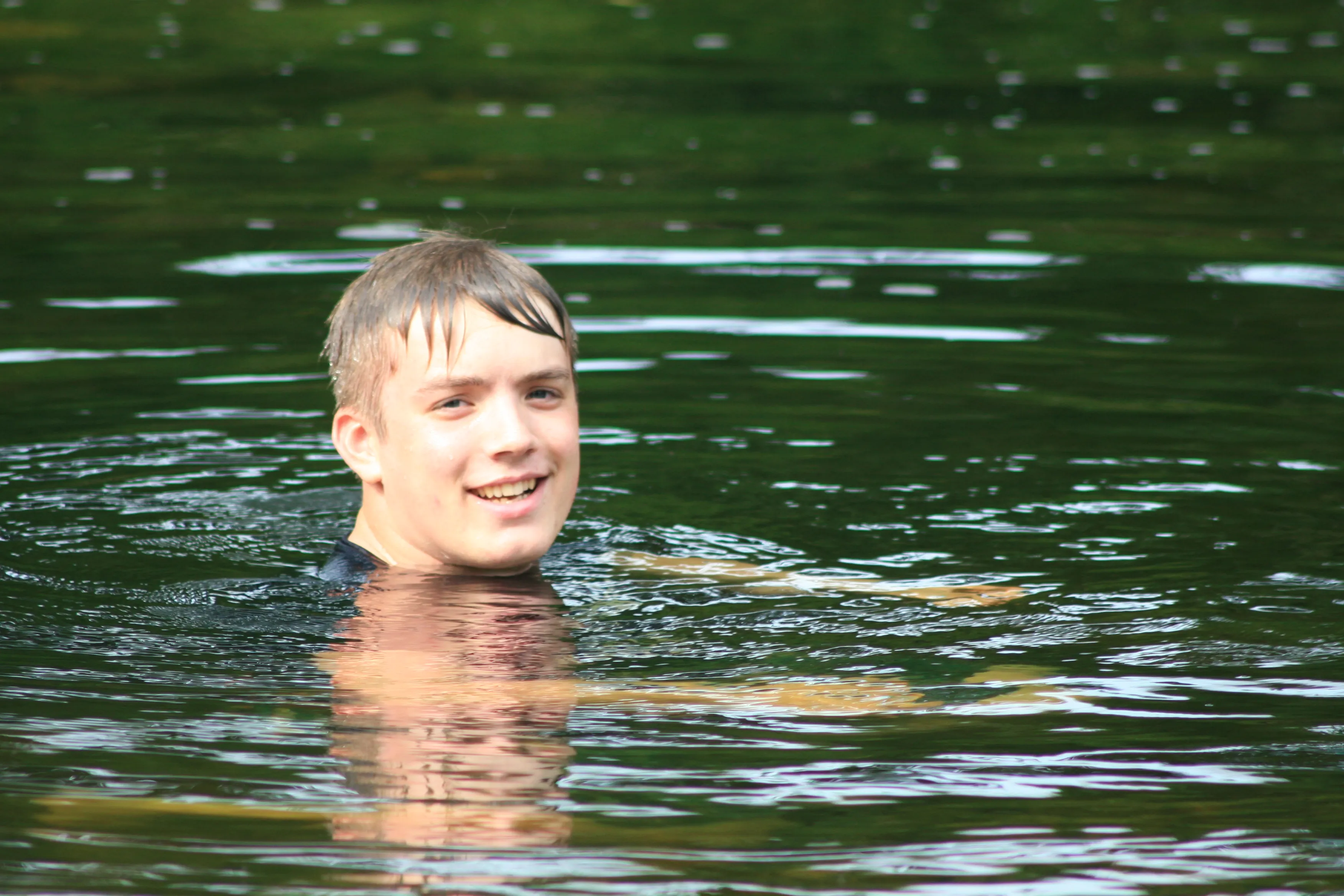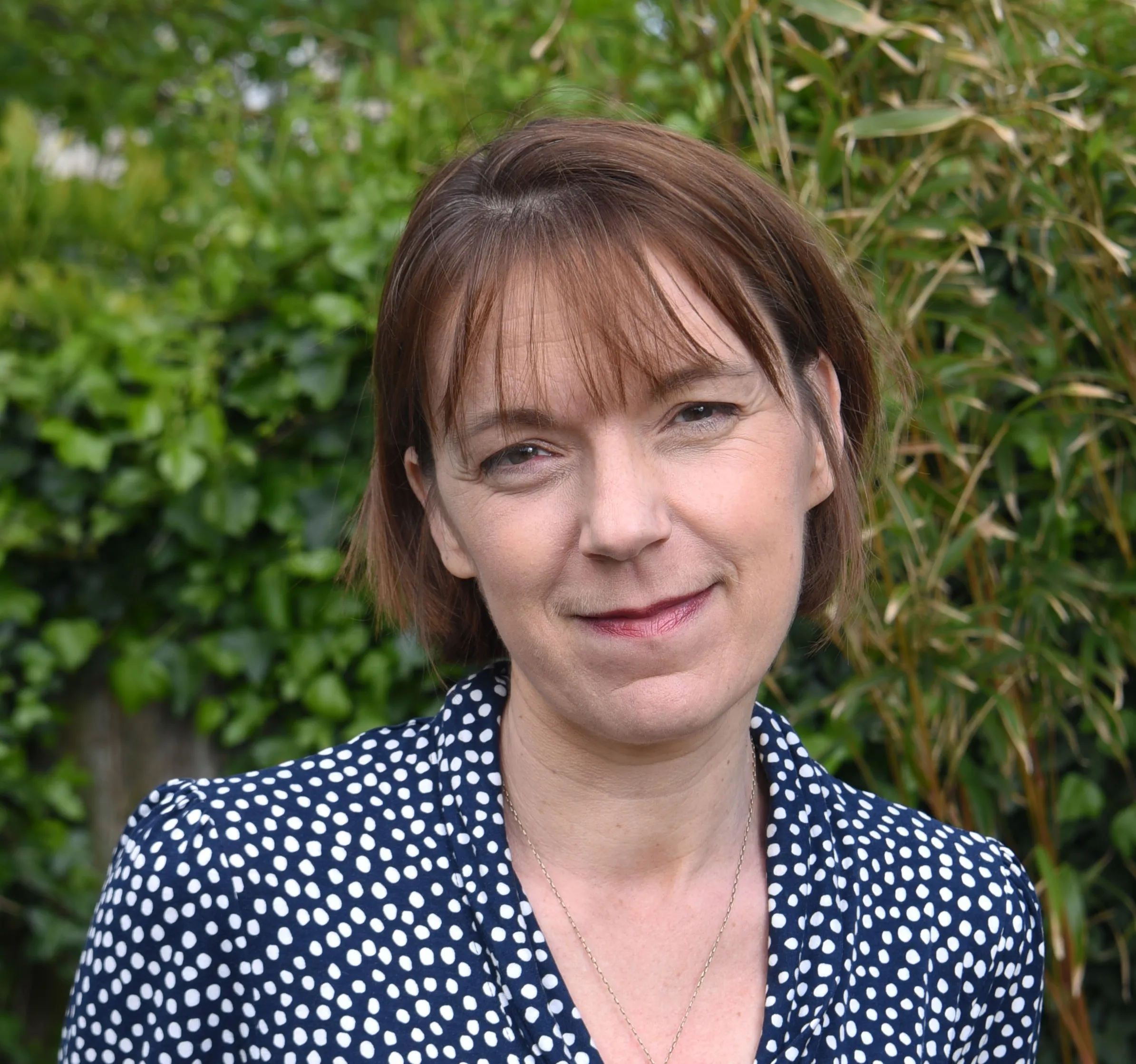
Why all young people need good drug education
When my younger son Dan was sixteen he asked if he could go to a party that evening with friends. He never came back. The policeman who knocked at the door in the early hours said he’d been found unconscious outside an illegal rave, miles away from our South London home. It was thought he’d taken ecstasy. We spent the next two days in intensive care, watching our bright, beautiful, big-hearted boy die from multiple organ failure. The little bag of MDMA he had taken was, it turned out, twelve times stronger than had caused fatality in the past. The four friends who had taken what had appeared to be identical amounts were fine - one of the risks inherent in an illegal supply source, but a risk you may not fully appreciate as one of a bunch of teenagers out on a Friday night, with – it transpired - no drug education between them to help them out.
Dan’s ‘drug life’ was something about which we as his parents knew nothing until after he died, but there wasn’t a lot to know. His was a very short journey, starting with a puff of someone’s weed at the after-prom party the summer before, a taste of a friend’s MDMA at a gig in that autumn of year 12, some of his own that the same friend got for another gig a month or so later, and then that very unlucky last time, that worst case scenario ending. It’s an ending that is, thankfully, not a common experience, but one which is totally, utterly avoidable along with all the other shades of harm and damage alcohol and other drugs can do. This of course includes so much more than the possible impact on physical and mental health, but all the collateral damage the criminality surrounding drugs wreaks on young lives, through violence, violation and exploitation. And while there remains a demand, the routes and methods of supply will continue to thrive, and to drive so much of this damage ever onward.
Demand for drugs will never disappear altogether, and the factors at play are complex, but it’s certainly showing no signs of significant waning any time soon. Government data published this autumn shows that, by the age of fifteen, just over half of young people will have been offered illegal drugs, and almost one in three will have taken them, on at least one occasion (NHS Digital, 2022). This figure has hovered at roughly the same level for the last couple of decades. All we now know about the critical stage of neurological development the adolescent brain undergoes, from the age of around ten into the mid-twenties, highlights the fact that it’s just at the stage of life when you’re most likely to find yourself faced with decisions about drugs that your brain is least likely to help you manage those decisions safely.
Add to this mix all the multiple layers of essential social, hormonal and physical transformations taking place throughout adolescence, as a once-dependent child grows into an independent adult, and the results leave young people least able to manage impulse and risk, and to think things through sensibly, and most sensitive to social inclusion and exclusion. Without a sound understanding of the risks involved, and the skills and strategies to help them manage risk especially in a social context - young people are incredibly disadvantaged, and for some that doesn’t end well.
When Dan died I didn’t know any of this. Of course, I knew drugs were out there. We’d had ‘drug conversations’ at home, and we’d talked specifically about ecstasy just six months before he died, when he got back from Reading Festival full of the first time he’d seen people under the influence, and what that looked like. Dan was curious, and a chatterbox, so conversations weren’t hard to come by, but I didn’t know enough, and neither did he, to keep him safe when decisions came his way. So when he died I set out to learn what I wished I’d known, and to make sure other young people, and their parents and carers, and their teachers, were better armed than we had been, and started a drug education charity in Dan’s name, the Daniel Spargo-Mabbs Foundation. I was too late to help Dan, but I was determined to do all I could to protect other young people.
It's been nine years now since Dan died and we started our charity, but the need for effective, evidence-based drug education for all our young people has never been greater. It's hard for them to avoid illegal drugs these days, whether it’s ‘In Real Life‘ or virtually, via a screen of some sort, not least social media, providing an ideal space to reach thousands upon thousands of young people, for buying and selling, as well as grooming and exploiting. And, in an era when young people’s mental health is under enormous pressures, there’s also the role drugs can play as a coping strategy, in that complex, chicken-and-egg relationship between mental ill health and substance use that is eons old. The government data referred to above also revealed that one in five 11-15-year-olds who had taken drugs had done so on the first occasion to forget their problems, the highest proportion on record (NHS Digital, 2022). The Mix recently published data on 16-25-year-olds that showed a similar concerning trend, with 21% reporting using drugs to escape from their problems in 2022, compared with just 12% the previous year (The Mix, 2022).

Dan Spargo-Mabbs
Reducing demand for illicit drugs is a key priority of the 2021 government drug strategy (and for parents and schools, as well as anyone working with, or caring for or about young people) and reducing – or even better, preventing - the harm they can do to young people is more important still. Drug education is vital if this is to be achieved in any way, shape or form. It’s statutory now in all schools in England, but it can still be done poorly and partially, just to meet the curriculum. It’s essential it is done well, and thankfully, there’s an international evidence base that helps us to know what this looks like, because doing it badly can not only fail to help where it’s needed, but can cause unintended, but very real harm. Failing to do drug education, and to do it well, leaves young people vulnerable, whoever they are, wherever they live, whatever family or community they’re from, across the full spectrum of harms drugs can cause.
Drug education won’t fix all this, or address all that lies behind it, but without it we leave our young people seriously disadvantaged, and with a heavy potential price for some to pay.

Fiona Spargo-Mabbs OBE is Director and Founder of drug education charity the Daniel Spargo-Mabbs Foundation, and author of ‘I Wish I’d Known - Young People, Drugs and Decisions: A Guide for Parents and Carers’ (Sheldon Press, 2021) and ‘Talking the Tough Stuff with Teens’ (Sheldon Press, 2022)